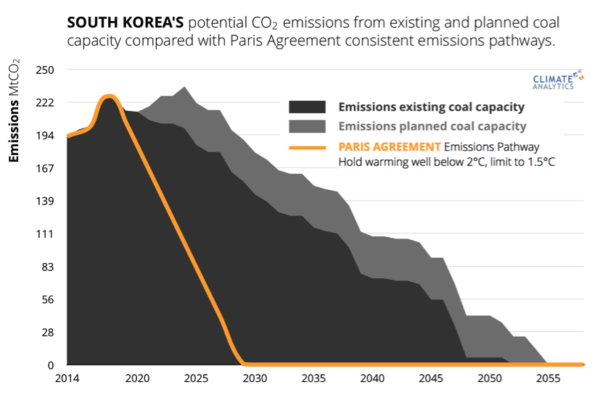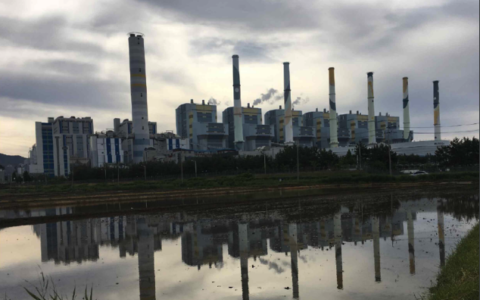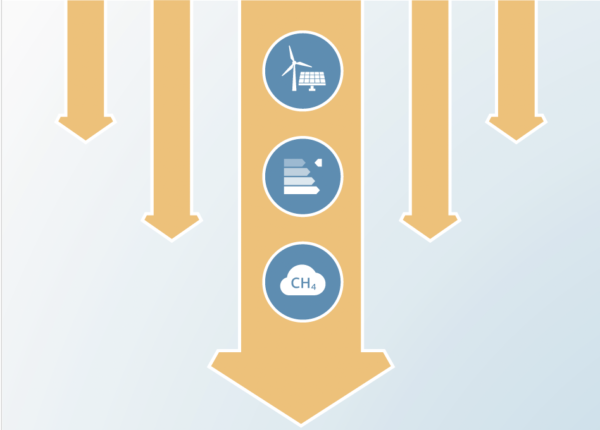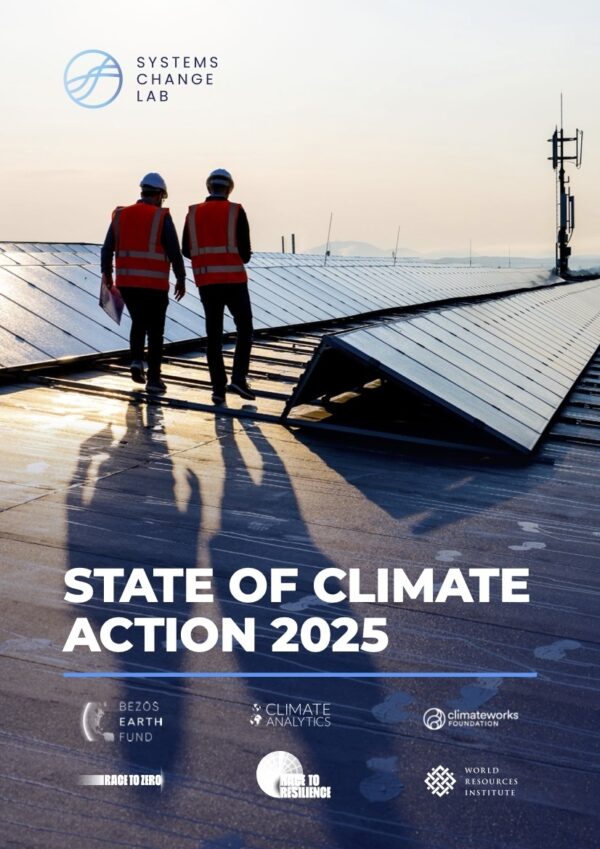Transitioning towards a coal-free society: science based coal phase-out pathway for South Korea under the Paris Agreement
Authors
Paola Yanguas Parra, Gaurav Ganti, Ryan Wilson, Ursula Fuentes Hutfilter, Matthew Gidden, Deborah Ramalope
Share

Our studies show that coal needs to be phased out from power generation by 2040 globally and by 2030 in Organisation for Economic Co-operation and Development (OECD) countries to be in line with the Paris Agreement. South Korea, an OECD member, needs to be releasing zero carbon emissions from coal by 2029, if it is to play its part in meeting the Paris Agreement’s goal of keeping warming within 1.5°C above pre-industrial levels. This report explores the implications of the Paris Agreement for coal-fired power generation in South Korea.
Key messages
- A fast phase-out of coal from power generation is essential to get South Korea on track to meet its national emissions reduction targets, which need to be revised and enhanced in 2020 under the Paris Agreement framework. This will not be possible unless an orderly and ambitious plan to phase out coal and scale up renewable energy generation is clearly defined. This plan should be a primary focus for South Korea’s climate and energy policy.
- Despite the encouraging signs that a transition to a coal-free electricity mix may be starting, South Korea has no concrete national commitment, roadmap, or policy instrument to accelerate phasing out coal, and no systematic framework to ease the transition.
- Under a cost-optimal, Paris Agreement compatible emissions pathway for power generation, South Korea’s coal power plant emissions need to decrease steeply in the coming years, falling by 57% below 2014 levels by 2025 and then reaching close to zero (-99%) by 2029, while renewable energy generation needs to increase rapidly to reach about half of power generation by 2030.
- If retirement of South Korea’s coal plants continues at its current pace, they would release more than twice (247%) the amount of carbon emissions allowed under South Korea’s remaining Paris Agreement compatible power sector budget for coal. If the planned coal units come online, the difference between committed emissions and cost-optimal pathways consistent with the Paris Agreement would increase to 317%.

- In order to be in line with the Paris Agreement, South Korea will need to retire its operating power plants much earlier than the currently proposed age of 30 years and/or dramatically reduce their utilisation rate. Every new coal unit that comes online will only increase the already large gap between Korea’s emissions and its Paris Agreement compatible pathway, lock-in emissions for decades and increase the risk of stranded assets.
- A clear policy signal and structured phase-out plan would bring multiple benefits for South Korea’s population, industrial and electricity sector. It would also provide an opportunity for the country to come up with plans to support and create opportunities for coal related businesses, workers, owners and investors, to be better placed to transition to a coal-free society. South Korea would be better placed to make a sound and just transition away from coal, while reaping a multitude of additional benefits and opportunities that go beyond climate change mitigation. These include substantial improvements in air quality, job opportunities from higher investments in renewable energy and a reduction in energy import dependency.
- Fast action to fully decarbonise electricity generation is a fundamental step in achieving emissions reductions in all other sectors, where electrification plays an important role. The longer the world and South Korea continue to use coal, the higher the cost and the lower the feasibility of limiting global warming to the safer level set out in the Paris Agreement. Further investment in fossil fuel infrastructure, including natural gas, risks leaving stranded assets and locking the country into a pathway inconsistent with the Paris Agreement.
- Little attention has been paid to South Korea’s role in extending coal dependency in other countries through financing coal power generation projects abroad and the absence of clear expectations about the future of coal use on countries exporting coal to South Korea. Playing its part in facilitating the global energy transition and achieving the Paris Agreement objectives through its international engagements, as well as sending a clear signal for change in its international strategy around coal, should form an integral part of South Korea’s transition to a coal-free society.














